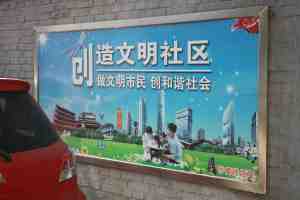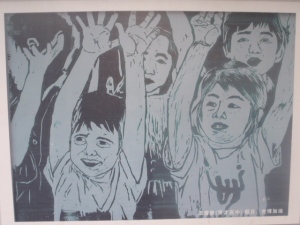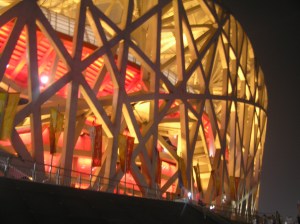This research article by Nicholas Dynon in this April’s issue of the peer-reviewed China: an International Journal analyses the largely overlooked role of the Communist Party of China (CPC) in the promotion of “socialist spiritual civilisation” in contemporising the exemplary role of the Chinese state and in informing the state’s efforts to rehabilitate China’s cultural traditions.
Drawing material from handbooks, newspaper articles and posters published between 1996 and 2002, it may be argued that the ability of the Party to reclaim the achievement of “civilisation” as an ultimate goal in Chinese history has a direct impact on its continuing pursuit to underwrite its long-term legitimacy. The article departs from the existing scholarship to locate the CPC’s civilising discourses within an historical context that predates the apotheosis of the CPC itself and links them to the sacred mission of maintaining the Chinese civilisation-state.
Available here at Project Muse
[Creating a civilised community – propaganda poster in a residential compound in Shawo, Beijing]





